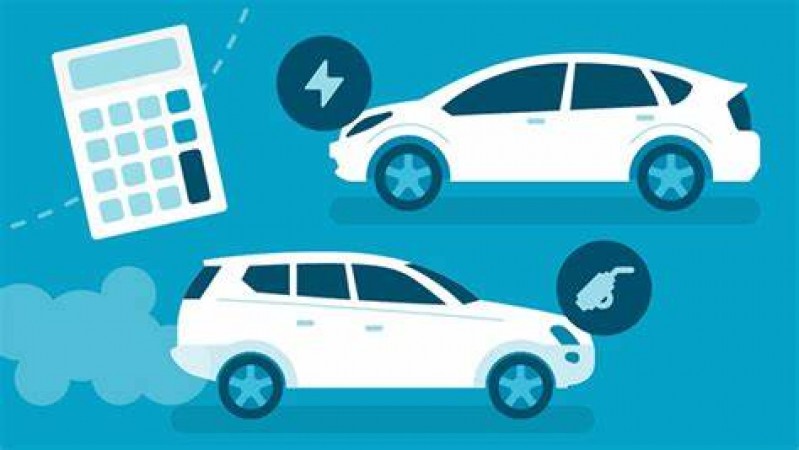
The Delhi government is contemplating a groundbreaking initiative aimed at incentivizing the shift towards electric vehicles (EVs) within the state. As part of this initiative, the government is considering offering subsidies to individuals looking to convert their old petrol or diesel engine cars into electric ones. This forward-thinking move could have significant implications for both the environment and the wallet of Delhi's residents.
The proposal to provide subsidies for converting old internal combustion engine (ICE) vehicles into electric ones is driven by the urgent need to combat air pollution and reduce carbon emissions in the national capital. Delhi, known for its air quality challenges, is making a bold move to embrace sustainability.
One of the pressing issues in Delhi's vehicle landscape is the high number of ageing petrol and diesel vehicles. These vehicles not only contribute to pollution but also lead to increased fuel consumption. Converting them into electric vehicles can significantly reduce their environmental impact.
The subsidy scheme is expected to serve as a potent catalyst for promoting electric mobility in Delhi. By making it financially viable for car owners to go electric, the government aims to accelerate the adoption of EVs in the region.
Converting an existing petrol or diesel vehicle into an EV can be a costly affair. The Delhi government's proposed subsidy aims to make this transition more affordable, thus encouraging a larger section of the population to opt for greener alternatives.
While the initial investment in converting a car to electric power might seem significant, the long-term benefits are substantial. Electric vehicles typically have lower operational and maintenance costs, which can lead to substantial savings over time.
The conversion of old vehicles to electric ones will have a direct positive impact on air quality. Electric vehicles produce zero tailpipe emissions, contributing to cleaner air and improved respiratory health for the residents of Delhi.
In addition to improved air quality, electric vehicles also help in reducing the carbon footprint. They are more energy-efficient and produce fewer greenhouse gas emissions compared to traditional ICE vehicles.
The proposed subsidies are not just about individual car owners; they are also expected to boost the electric vehicle ecosystem in Delhi. This includes the development of charging infrastructure, battery recycling facilities, and the creation of green jobs.
By promoting EV adoption and related industries, the Delhi government is also contributing to the growth of the local economy. This move is aligned with the broader goal of fostering a sustainable and resilient urban environment. The Delhi government's consideration of subsidies for converting old petrol and diesel engine cars into electric vehicles is a commendable step towards addressing air pollution, reducing carbon emissions, and promoting sustainable mobility within the city. This initiative not only benefits the environment but also presents a compelling economic case for individuals looking to make the switch to electric vehicles. In the coming months, as this proposal takes shape, Delhiites may find it increasingly feasible to contribute to a cleaner, greener future while also saving on their vehicle expenses.
India and I2U2 Partners Launch Private Enterprise Partnership to Advance Collaborative Initiatives
Unconventional Careers: 5 Weird Jobs from Around the World
Finance Ministry Upbeat About FY24 Growth at 6.5% Despite Balanced Risks